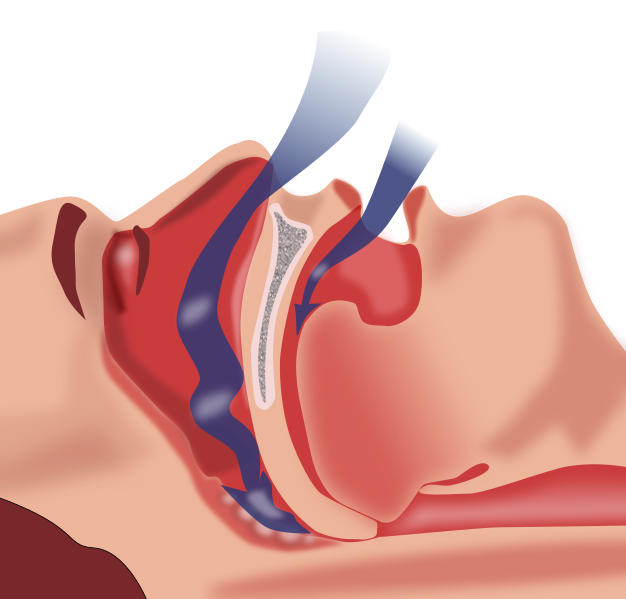#MSBlog #MSResearch Are you a sleep apneic? The screening questionnaire in this post will help give you a clue.
"Last Thursday I made a clinical diagnosis of obstructive sleep apnoea in a MSers attending my clinic. I have now referred this individual for a sleep study. If I am correct treatment for this condition could relieve his daytime sleepiness and fatigue. The following paper suggests this problem is commoner than we expect."
PURPOSE: This study aims: (1) to identify MSers who are at high risk for obstructive sleep apnea (OSA) by utilizing the STOP-BANG questionnaire and (2) to evaluate the relationship between OSA risk as determined by the STOP-BANG questionnaire and self-reported sleepiness and fatigue using the Epworth Sleepiness Scale (ESS) and the Fatigue Severity Scale (FSS), respectively.
METHODS: A total of 120 consecutive MSers presenting to the UC Davis Neurology MS Clinic were invited to participate in an anonymous survey. The exclusion criteria were: age <18 years, indefinite MS diagnosis, or incomplete survey.
RESULTS: There were 103 subjects included in our study: 42% of subjects (n = 43) met the criteria for high-risk OSA, 69% of subjects (n = 71) screened high for fatigue (FSS ≥ 4), but only 24 subjects (23%) screened high for excessive daytime sleepiness (ESS > 10). In males, 44% of the variation in ESS scores and 63% in FSS scores were explained by the STOP-BANG components. However, only 17% of the variation in ESS scores and 15% of the variation in FSS scores was explained by the STOP-BANG components in females.
CONCLUSIONS: Over 40% of MSers were identified as high risk for OSA based on the STOP-BANG questionnaire. The STOP-BANG questionnaire offers clinicians an efficient and objective tool for improving detection of OSA risk in MSers.
"Obstructive sleep apnoea (OSA) is the condition in which your upper airway becomes temporarily blocked and causes you to wake-up frequently at night. It is associated with snoring. People with OSA wake feeling groggy and often have a mild, dull, headache. They result of not sleeping well is excessive daytime tiredness and fatigue. OSA is easy to treat and once corrected people with OSA feel so much better."
Extra reading: OSA
